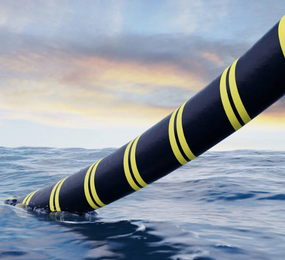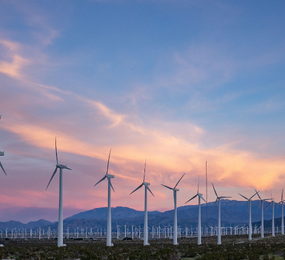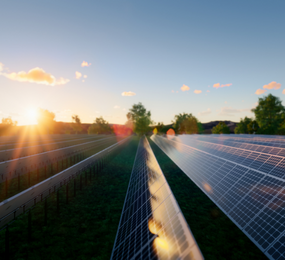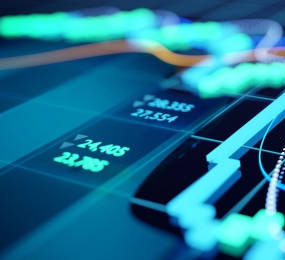Digital biomanufacturing is an important step forward and certain areas within that process could benefit greatly from implementation.
With the promise of greater productivity, flexibility, and cost savings, the trend toward digitalization and industry 4.0 and beyond is giving biopharmaceutical companies the opportunity to industrialise their processes. However, as with each great innovation, there are risks, uncertainties, and challenges. Bioproduction: Smart Biomanufacturing and Digitalization examines some of the game-changing technologies, including scale-down modelling, disposables, digital twins, machine learning, modelling, and high throughput analytics, that could enable smarter bioprocesses and boost productivity.
Reliable industrial scale production of big molecules necessitates very sophisticated manufacturing techniques as well as ongoing financial investments. It makes sense that these segments have been reluctant to adopt innovative technology that have previously found success in other fields & industries. The industry is challenged to increase competition and sustainability while assuring high quality and delivery performance as biopharma develops from a specialty to a mainstream business.
Manufacturing technology advances have enabled the widespread distribution of small molecule medicines at very low cost, and biologics are following suit. Biomanufacturing has seemed to stall as we have entered newer, more complicated modalities. Cell treatment and viral vectors have been at the forefront of this effort. Realising the full biological potential of these modalities was hindered by low productivity, constrained capacity, and complex operations. Separately, we have witnessed the extraordinary success of mRNA vaccines, made possible by unprecedented biomanufacturing feats, which has led to the distribution of billions of doses from scratch.
The level of automation in bioprocesses is moderate, and there is constant pressure to reduce costs and increase efficiency. On top of that, reducing the environmental impact of bioprocesses and manufacturing facilities is necessary due to climate change and resource scarcity. In the biopharmaceutical industry, two extreme production scenarios are used: a fully disposable factory with the characteristics of complete flexibility and speed, or a large-scale stationary plant with high capacity. Future solutions and ideas on how to combine modern processes with environmental friendliness for the benefit of patients, supply reliability, and economics will be presented.
Join us on 28th - 29th March, 2023 for the International Bioprocessing and Biologics Forum, in Berlin, Germany so you don't feel left out in the industry!
To register or learn more about the Forum please check here: https://bit.ly/3zxguXW
For more information and group participation, contact us: [email protected]
















